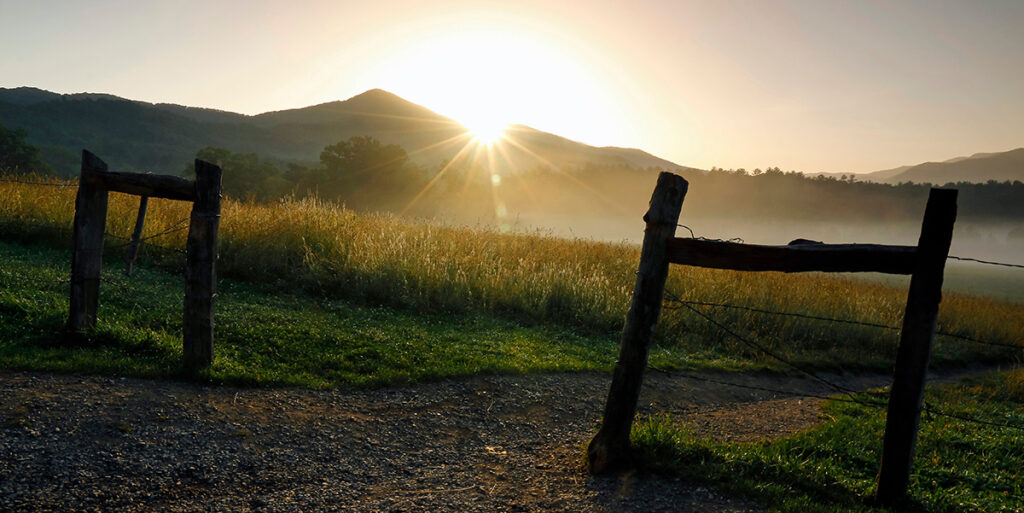
CEO, Tennessee Electric Cooperative Association
The summer heat. That is one thing we have no shortage of in Tennessee. And the humidity. Oh, the humidity. Many of my friends who are new to the state find the sticky summer air harder to acclimate to than the number of the thermometer. Our neigh-bors on the Cumberland Plateau and in the Smoky Mountains do get a bit of a reprieve compared to the rest of us.
For most of us, heading indoors for the modern marvel of air conditioning is a welcome retreat. But that comfort does require a significant effort. Cooling your home and your business consumes a lot of energy. And there is only one significant way to power all those air conditioners: electricity. This is different from the winter, since you might use natural gas, propane, wood or fuel oil to generate heat.
In the summer, the A/C needs to run. And the hotter it gets, the harder it has to work. So let me suggest a couple of tips that might help you save some energy and save some money. First, call a local HVAC technician and get your equipment serviced. By cleaning the coils that exchange heat, ensuring proper drainage of the condensation that is created and checking the refrigerant levels and lines, you can be certain that your unit will run as efficiently as possible.
Second, change the filter in your air conditioner. It is easy to do and will allow the fan to effectively move the air that is being cooled. Having an old, dirty air filter is like covering your mouth while you try to run a marathon. Though you will be able to breathe, you will have a hard time running very far because you are preventing air from getting to your lungs. Your A/C’s dirty air filter could be doing the same thing.
Third, understand that most residential HVAC systems can only cool the air by about 20 degrees. So if its 95 degrees outside, the best you can probably hope for is about 75 degrees inside. Turning the thermostat down further won’t actually make it cooler inside; it will just cause your machine to run longer and longer without much effect — costing you more and more money for a poor result. So resist that instinct to turn the temperature down further.
Lastly, you might not know about everything that is required to power all those air conditioners. But know this: When you think about everyone using energy all at once, remember that the co-op has to build its equipment capable enough to serve everyone all at once. Plus more. That extra is called reserve margin. So whatever the maximum amount of electricity that might get used by you and your neighbors, there needs to be around 20% more capacity to ensure that the grid continues to operate.
And that’s what I meant by the title of this column. It can be a challenge to ensure that there is enough electricity on a hot summer day, plus more. But you can be sure your electric co-op is thinking about how to do that every single day. Even when it’s nice and cool outside.





